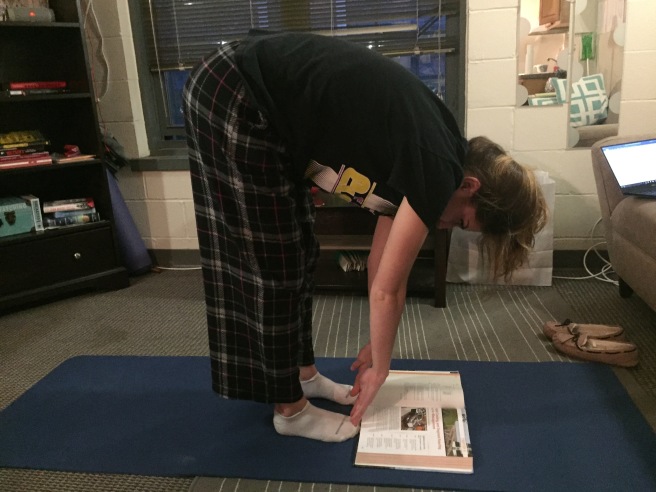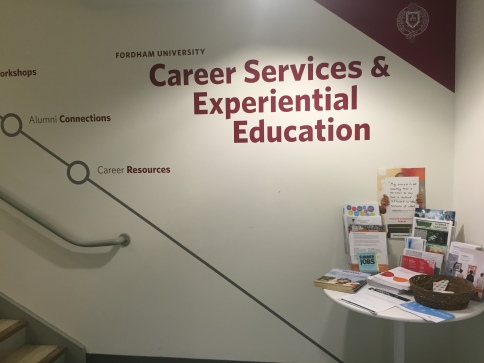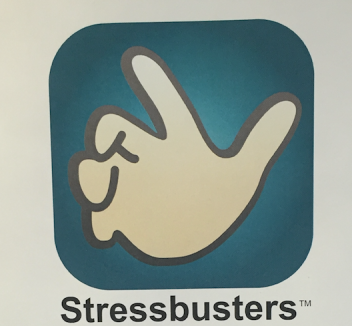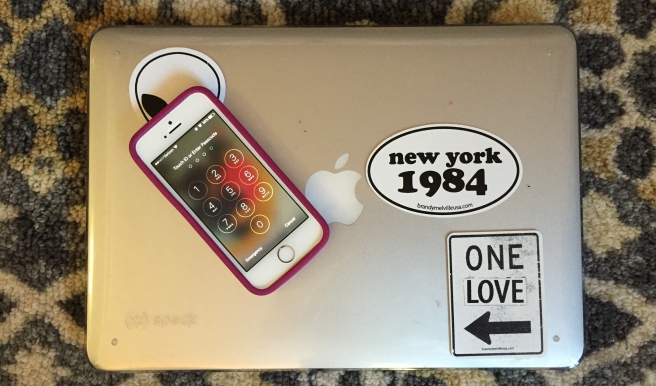 Among the many stressors for college students are the big decisions that not only affect the college experience, but also affect the type of courses available to take. Among these big decisions is the choice to study abroad or not.
Among the many stressors for college students are the big decisions that not only affect the college experience, but also affect the type of courses available to take. Among these big decisions is the choice to study abroad or not.
I too, am in the process of deciding if I should study abroad or not and it has undoubtedly left me feeling stressed. However, Fordham University provides some insight that has helped my decision making process and I hope can help yours as well.
Studying abroad certainly will change your perspective and give you a better understanding of as Fordham explains “our increasingly interconnected and interdependent world”. Fordham believes that “there is no better way for you to broaden knowledge of yourself, you academic discipline, and the world around you than by embarking on a semester, year, or short-term program abroad”. I’d have to say that I personally agree with this, and the enthusiasm Fordham has towards study abroad has definitely triggered my interest in it.
Beyond this there is still quite a bit of planning to be done. I recommend researching to see whether your school has any study abroad resources such a study abroad department. At Fordham I was able to make an appointment with a faculty member in the study abroad office to discuss my options.
This was extremely helpful to me because it is important to one; fully understand all programs the university offers and two; which ones if any, have limitations. For example, I have been interested in the Ubuntu program Fordham offers. However, at my meeting I discovered that the university where I would be studying, does not have a communications department, and there are extra steps I would have to take if I was still interested in studying there. This is definitely something to keep in mind when pursuing where to study abroad.
This however, didn’t take the program off the table for me. The faculty member I spoke with encouraged me to speak with the study abroad coordinator for the communication department (which I suggest you do even if there doesn’t seem to be a conflict with the program you have selected). It is very beneficial to look over course options with someone who is knowledgeable in both your major department, and the study abroad process.
Here I discovered that even though there aren’t specifically communication classes I could take, there are many classes that could potentially count towards my communication elective courses. This is something that is especially important for scheduling purposes. It ensures that you have some courses designated for when you study abroad.
These are just a few things that I took out of my experience with the study abroad process. While I still haven’t made up my mind, the steps I took definitely have made the process not so overwhelming and less stressful. I feel confident that when I make my choice, I will have made the right one. I highly encourage you however, to take advantage of any study abroad resources your university offers. It will make the process run significantly smoother and less stressful.








 how career services aims to help students.
how career services aims to help students.
 state”
state” Our moods are affected by our surroundings. In fact, colors can have a bigger effect on emotions than one might expect.
Our moods are affected by our surroundings. In fact, colors can have a bigger effect on emotions than one might expect. 

 Among the many stressors for college students are the big decisions that not only affect the college experience, but also affect the type of courses available to take. Among these big decisions is the choice to study abroad or not.
Among the many stressors for college students are the big decisions that not only affect the college experience, but also affect the type of courses available to take. Among these big decisions is the choice to study abroad or not. Stress eating is a habit experienced my most college students at some point. Whether it is after a tough test or just anticipating the crazy week, stress eating happens. However, I have some news that might make stress eating seem a little less of a bad habit. As it turns out, some of the food you might be munching on has some stress relieving qualities.
Stress eating is a habit experienced my most college students at some point. Whether it is after a tough test or just anticipating the crazy week, stress eating happens. However, I have some news that might make stress eating seem a little less of a bad habit. As it turns out, some of the food you might be munching on has some stress relieving qualities.